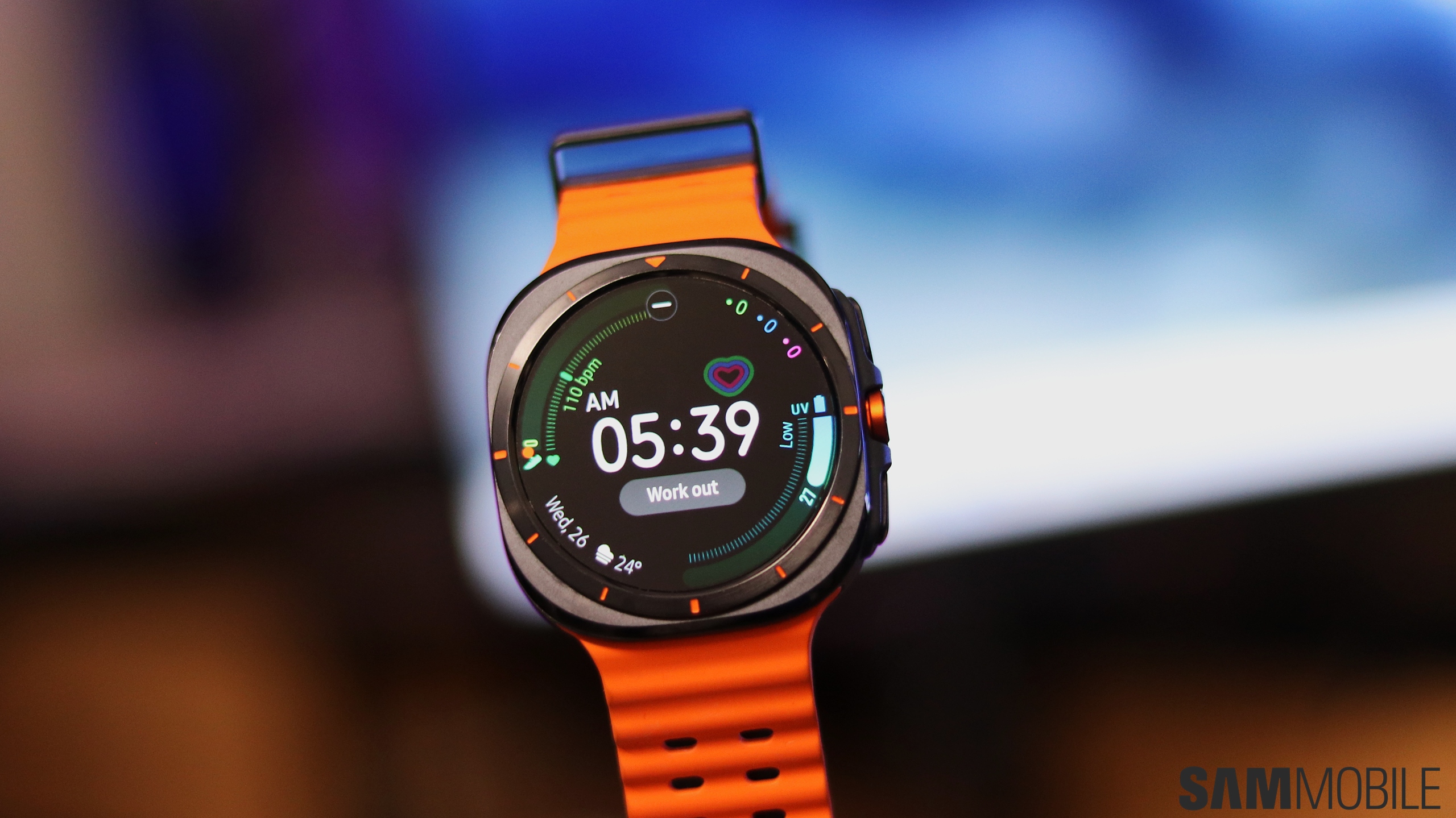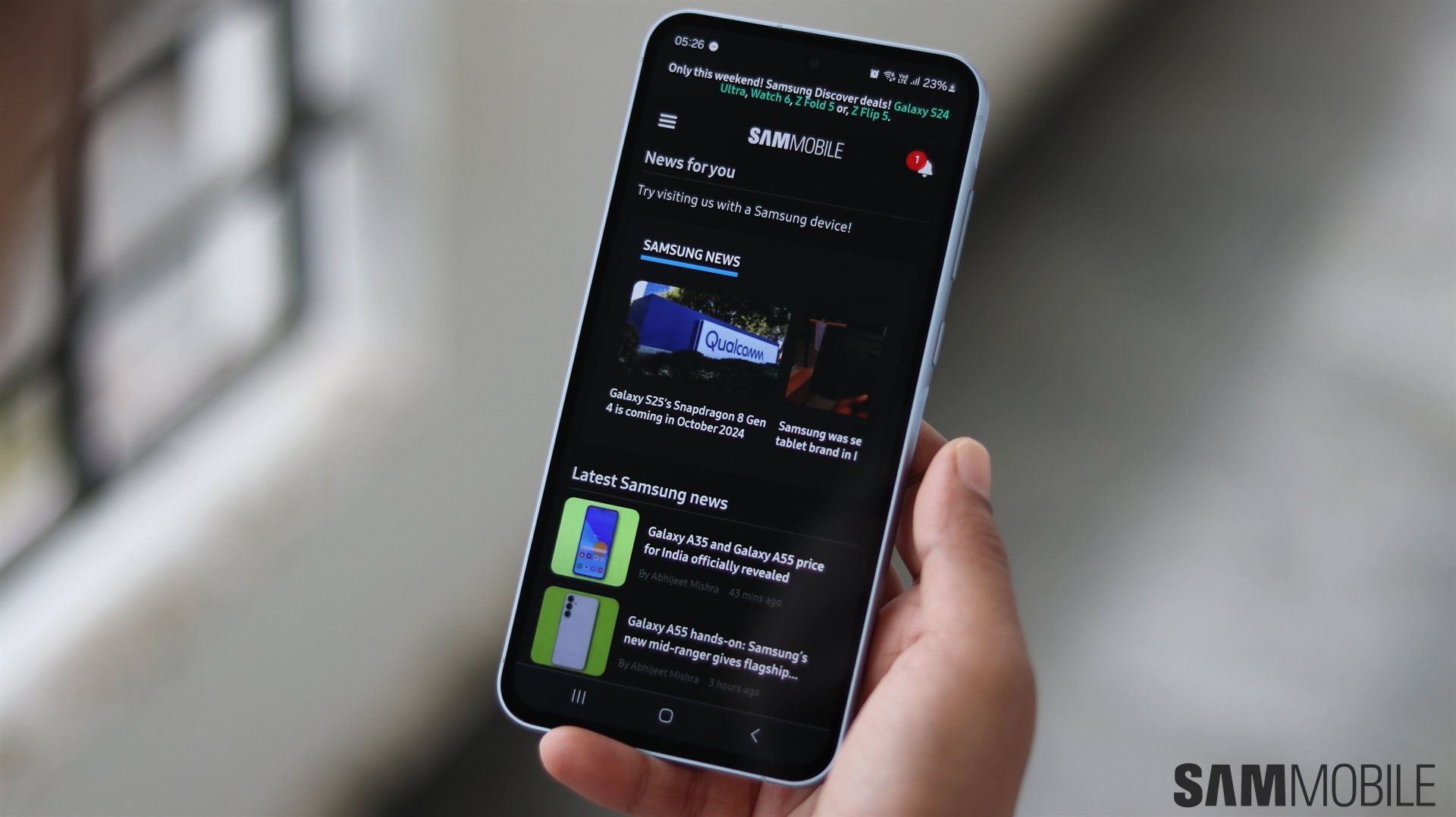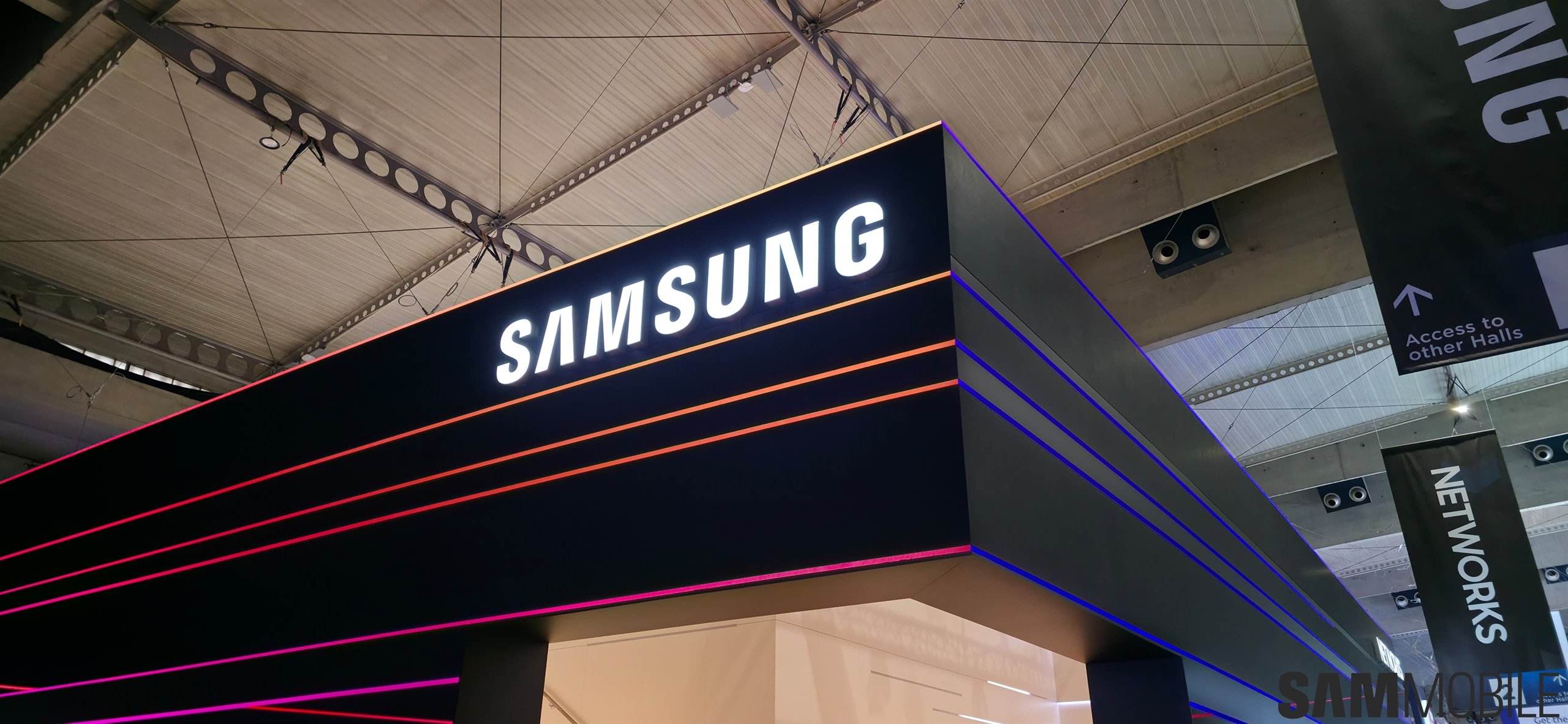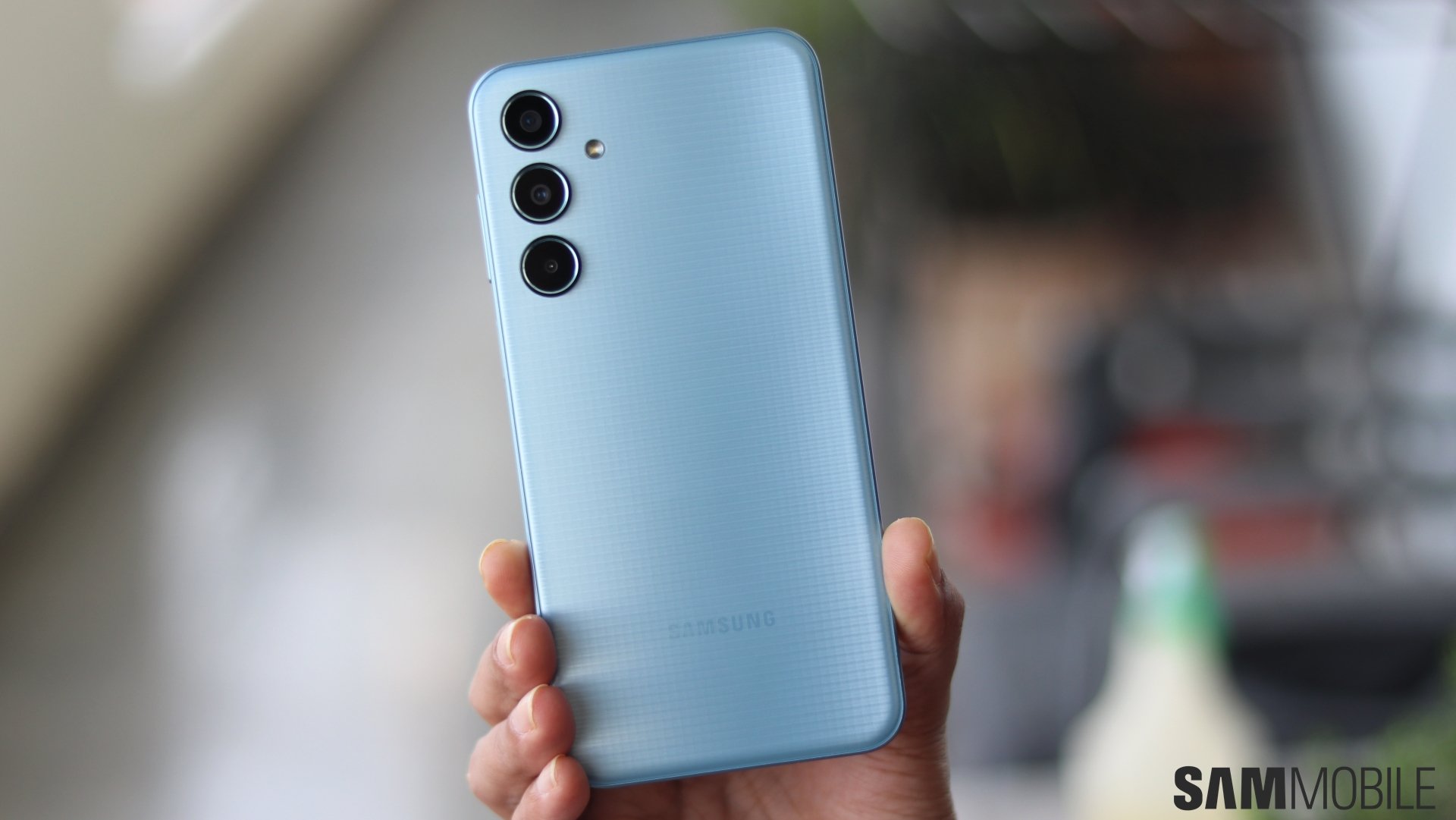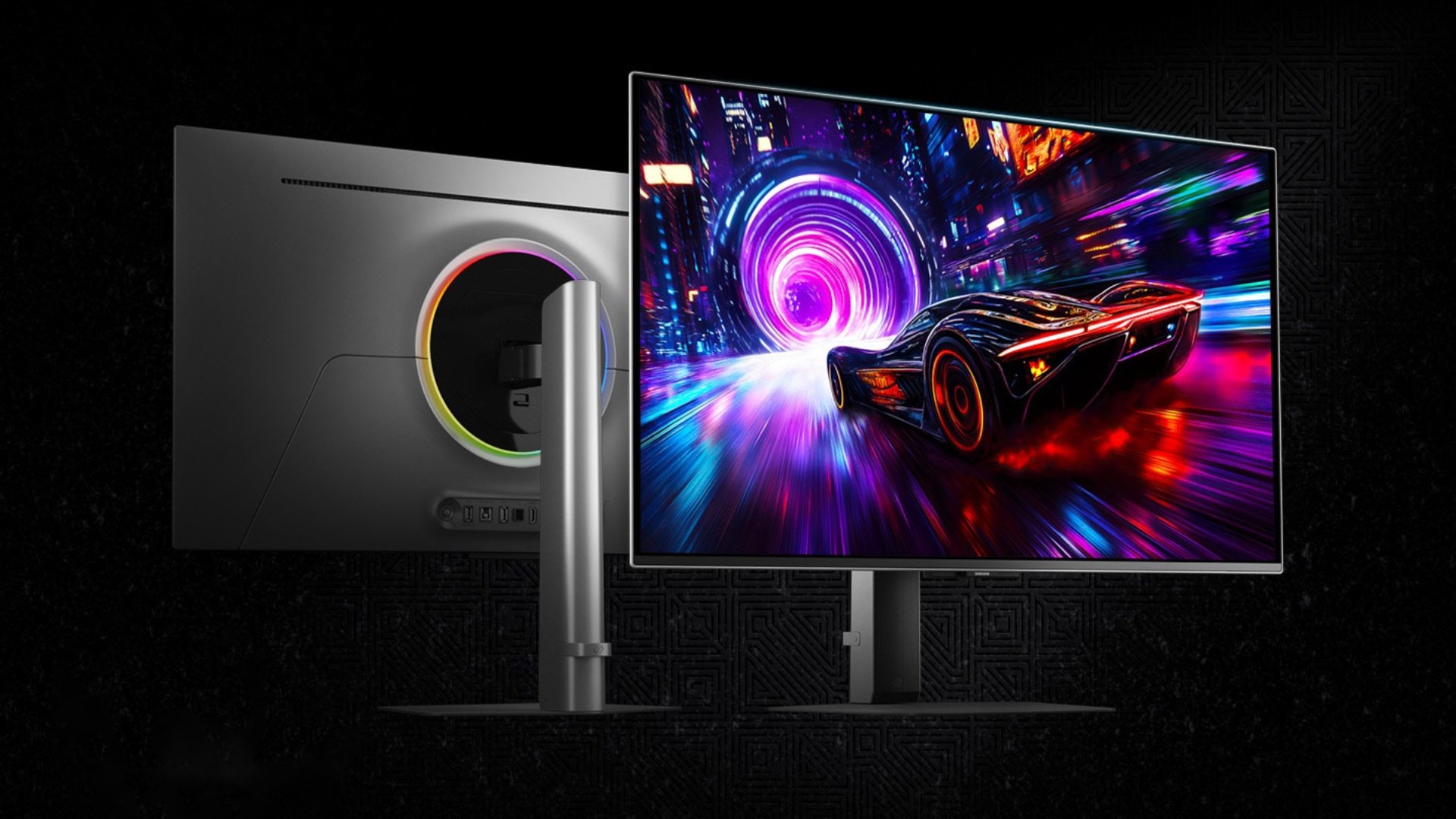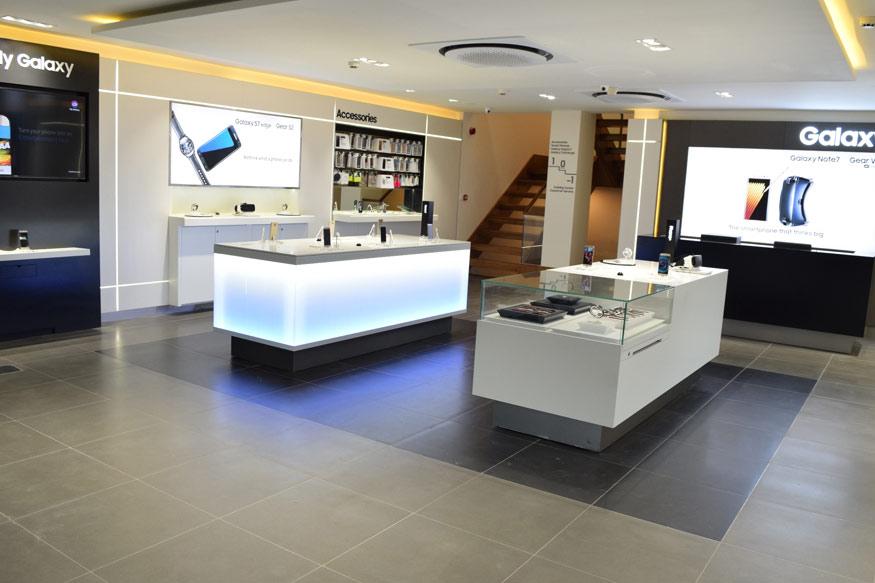
Samsung has mostly refuted such findings in the past by quoting numbers from a German research firm, GfK, which placed Samsung ahead of others in the subcontinent. With mounting evidence, it was becoming increasingly difficult for Samsung to deny Xiaomi’s dominance, at least in terms of shipments, in the Indian smartphone market. After repeated denials, the company has finally conceded, officially for the first time, that it may not be the largest vendor in the country in terms of shipments.
Samsung still leads when it comes to revenues
Speaking to the press at the Galaxy S10 launch event in India, DJ Kon, head of Samsung’s mobile business, said, “We may have dropped to second place in terms of number of devices shipped, but we are still dominant when it comes to revenues. We do want to get back to the No. 1 spot in terms of volumes and we’ll do that by embracing a broad range of customer needs. We’re particularly counting on the M series for that.”
Stating he is well aware of the cutthroat competition in the Indian market, he said, “In India, some competitors are faster than us and they might be better accepted. But we’re going to change with the times, too. I always say if I take a nap, I will die. So I’m not going to be caught napping.” He believes Samsung’s experience and manufacturing prowess are competitive advantages that the opponents lack.
Despite earlier denials, the Korean company has been continually tweaking its smartphone strategy to counter Xiaomi and other Chinese OEMs in India. While the previous attempts may not have yielded the desired results, it has a real chance with its latest Galaxy M series to dislodge Xiaomi from the top. Adopting an online-only sales model for the Galaxy M devices is fraught with risk of a backlash from offline partners, who account for most of Samsung’s sales, but Koh says the partners didn’t complain.
